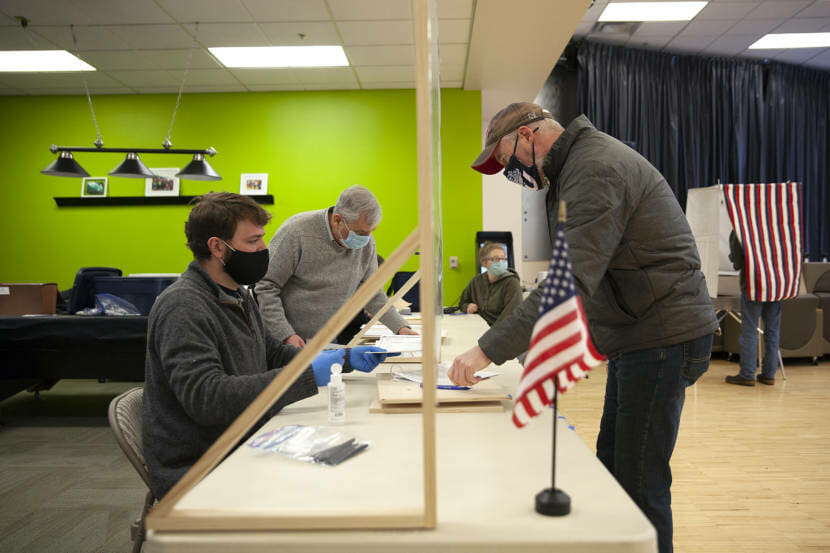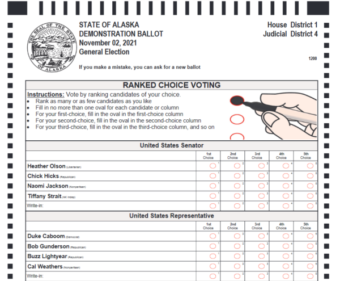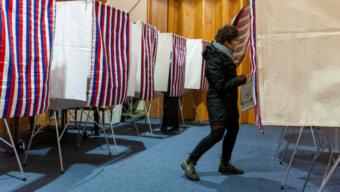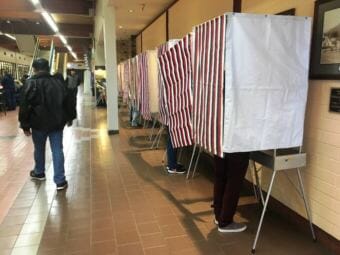
A Superior Court judge has ruled Alaska’s new ranked choice voting system and open primary are legal.
Judge Gregory Miller rejected arguments that the new election method violates the right of free association.
The legal challenge was filed by the Alaskan Independence Party, a frequent Libertarian party candidate and a Republican attorney.
Miller’s decision, if it stands, clears the way for the state to conduct the 2022 elections by the rules voters adopted last year under Ballot Measure 2.

The new system gives less power to political parties.
In the open primary, all candidates, regardless of party affiliation, appear on one ballot. The top four vote-getters advance to the general. On the November ballot, voters will rank the candidates, one through four. If no candidate wins a majority in the first round, the last-place finisher would be eliminated, and their ballots re-allocated to the voters’ next-choice candidate, until one wins a majority.
The plaintiffs in the case have not yet announced whether they will appeal the decision to the state Supreme Court.


